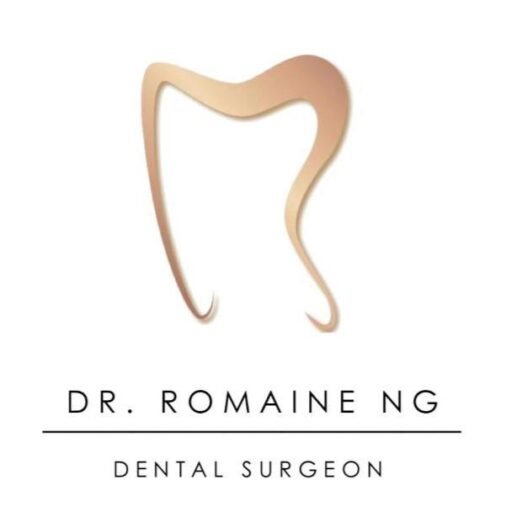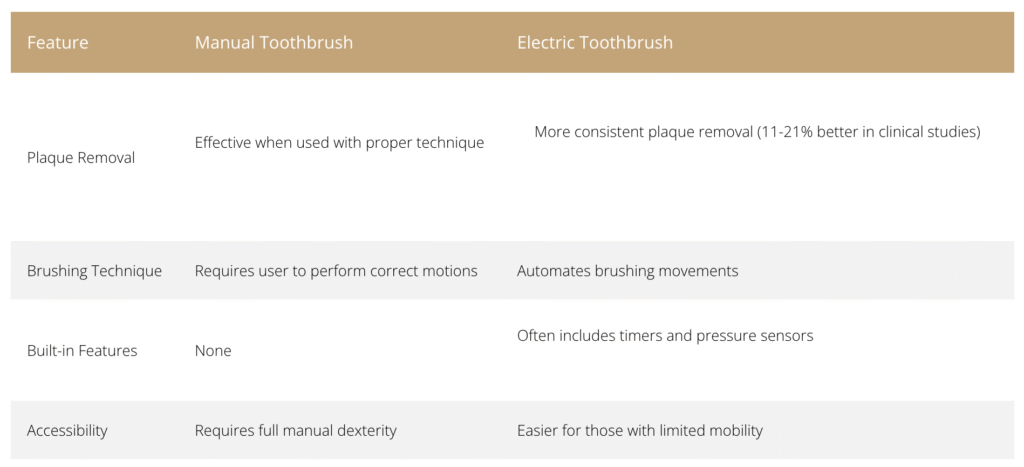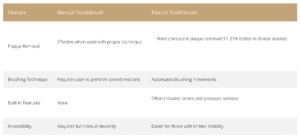Mainly due to hard toothbrushing or periodontal inflammation.
Treatments for receding gums include improving oral hygiene, professional cleaning (scaling and root planing), and in severe cases, surgical procedures like gum grafting to restore gum tissue.
Please refer to this topic for more detailed information: Root Debridement Or WhatsApp us for more inquiries.






